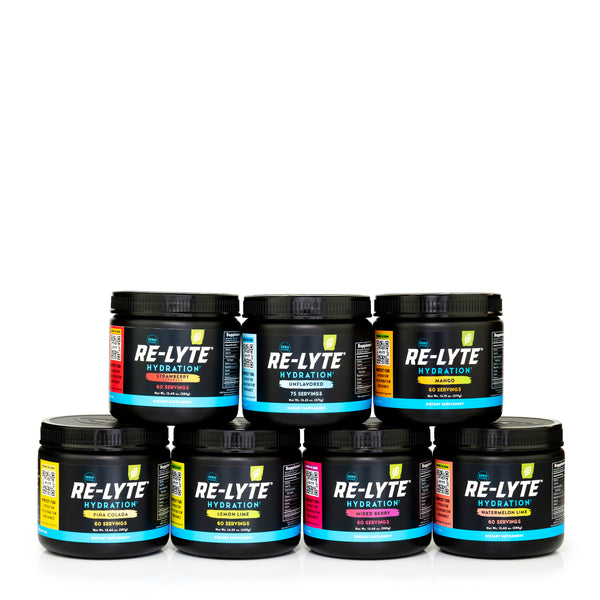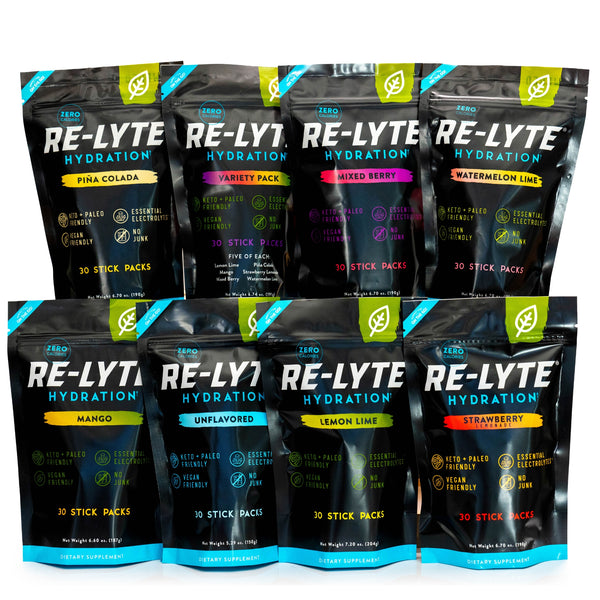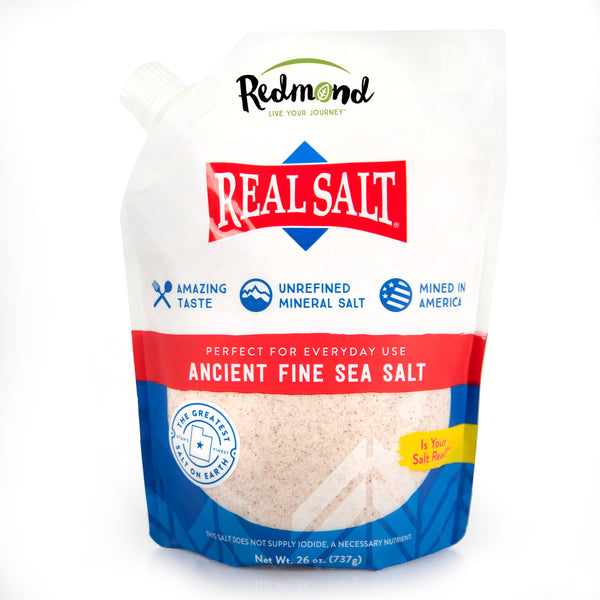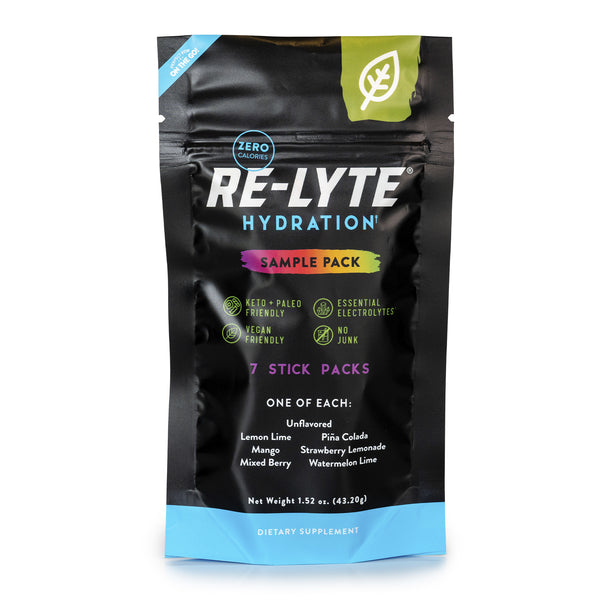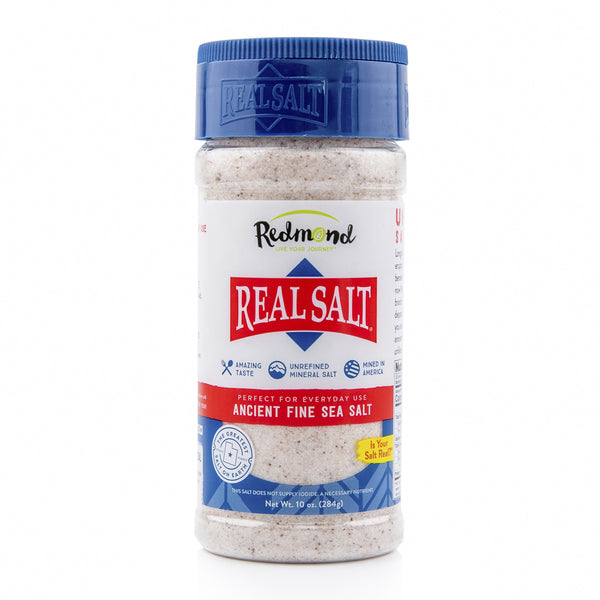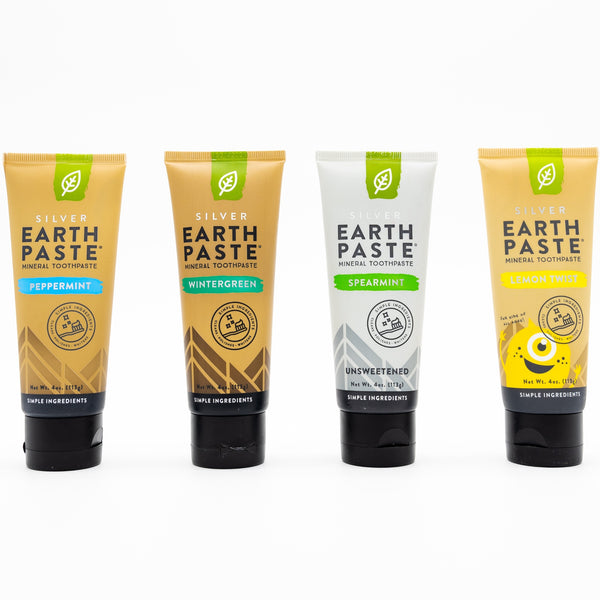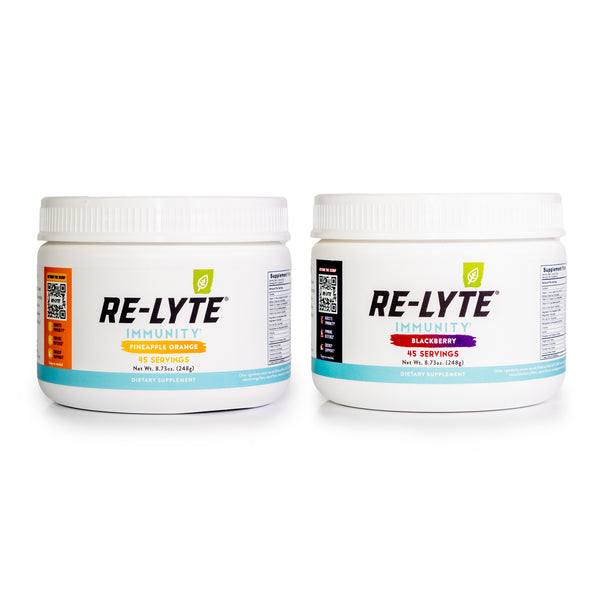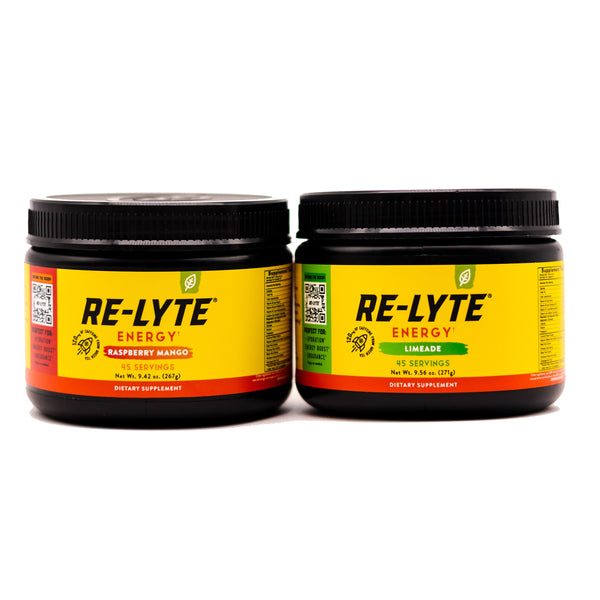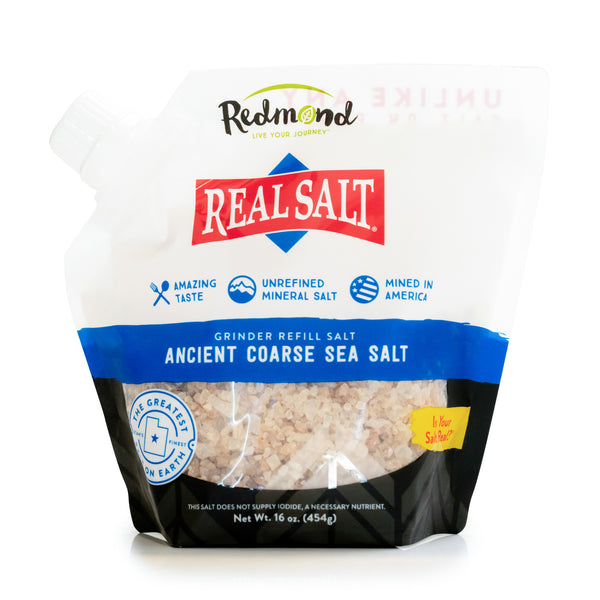The Benefits of Ginger: A Health-Boosting Rhizome
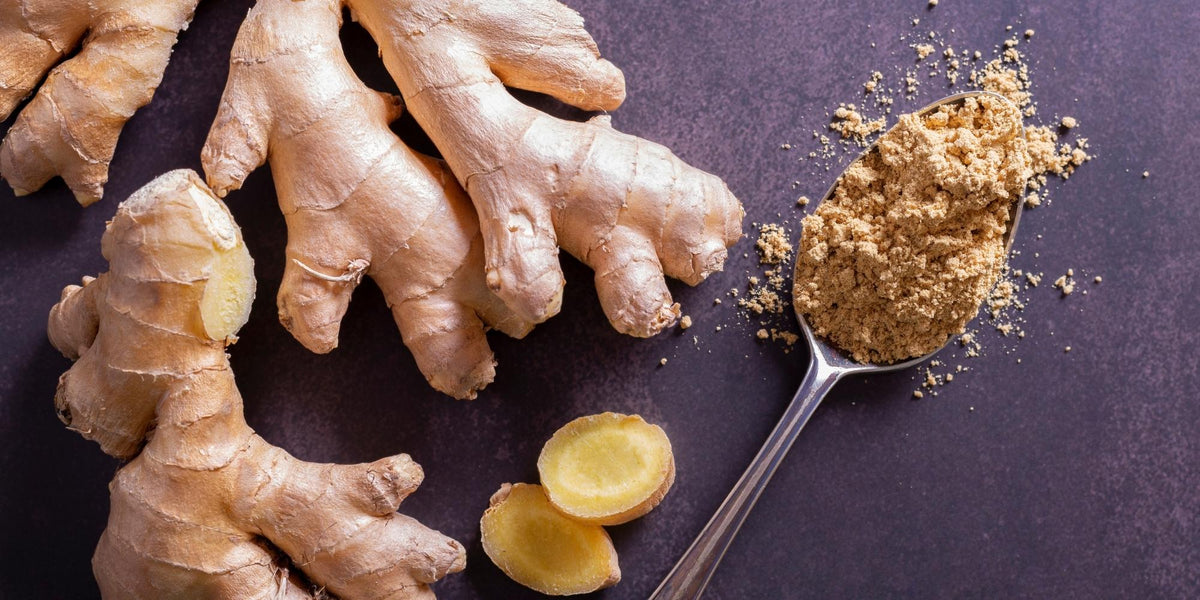
Article at a glance:
- Ginger has been used for medicinal purposes for thousands of years.
- Science is discovering that ginger has a surprising number of potential health benefits–boosting the immune system, reducing inflammation, improving heart health, and more.
- There are lots of ways to reap the health benefits of this powerful little rhizome.
We love hanging on to summer, but we have to acknowledge that the new school year is just around the corner and that means germs. Lots of germs. Kids in school are like walking Petri dishes looking for new specimens to cultivate, and they find plenty of sources—door knobs, drinking fountains, a friend’s drink, desks, phones, tablets, and more. Your cold and flu cabinet likely is full of vitamin C, zinc, garlic, and echinacea. But if you don’t already have some ginger in your arsenal, consider making space for it. In fact, ginger’s medicinal potential is so broad that you may want to make it part of your daily diet.
What Is Ginger?
The ginger plant is a perennial that has a three-to-four-foot pseudostem (leaves that are rolled to look like a stem, but technically are not a stem) with a few narrow leaves and a yellow flower on top. Along with roots, ginger has rhizomes, which are modified, underground stems capable of growing new plants (roots and shoots). Rhizomes look like fat, flat roots or a cross between a flat tuber (think potato) and a root. The rhizome is the part that flavors our food and has the proven health benefits. (Ginger leaves and stems are edible, but are hard to chew and are less commercially available.) When an ingredient label lists “ginger” or “ginger root,” it’s usually referring to the ginger rhizome.

Ginger is native to Southeast Asia, was domesticated by Austronesian peoples, and was transported by them throughout the area as early as 5,000 years ago. The earliest known written mention of ginger is in the writings of Confucius around 500 BC. Ginger is described in European and Middle Eastern writings that are around 2,000 years old. Ginger also has a long history of being used for medical purposes. As with many herbs created by mother nature, science is now documenting ginger’s impressive potential to improve our health, which is why we included it in our Re-Lyte Immunity formula.
Health Benefits of Ginger
If you look for information about ginger’s health benefits, what you find may seem too good to be true. The National Institute of Health’s article database lists over 1,800 articles related to ginger in just the past five years and over 3,000 in the past ten years. Many of these articles may only mention ginger in passing, but there are hundreds that focus on ginger and document its antimicrobial and antioxidant properties, as well as its ability to:
- Ease nausea
- Boost the immune system
- Relieve pain
- Reduce symptoms of rheumatoid arthritis
- Reduce asthma symptoms
- Reduce menstrual pain
- Treat allergic rhinitis (hay fever)
- Improve heart health
- Improve digestion
- And more
We don’t have the space or expertise to provide a deep dive into all the amazing benefits of ginger, but this summary might inspire you to find ways to incorporate more ginger into your diet.
Safety Concerns?
Ginger can interact with other medications, particularly anticoagulants. So if you take medications, you should consult your doctor before incorporating additional ginger or ginger supplements into your diet. And of course, taking too much of anything can cause problems. That said, many of the studies looking at the medicinal benefits of ginger or ginger extracts point out that ginger does not have the negative side effects we often find in other, less natural treatments.
Conclusion? Ginger is pretty safe, but check with your doctor if you are taking medication and use moderation when adding a new supplement, herb, or spice to your routine.
How To Add Ginger To Your Diet

Maybe the question here should be, “Is there any way you can’t add ginger to your diet?” because the answer to that is, “Nope.” There are countless options if you want to consume more ginger.
One easy way to get all the beneficial compounds ginger has to offer is to chop up fresh ginger and add it to your favorite dishes along with the onions and garlic. There are hundreds, if not thousands, of ginger recipes online and the options include everything from curry to ice cream. You can even try ginger shots, which you can buy at some natural food stores or you can experiment with the many online recipes to make your own.
Herbal teas from fresh or dried ginger are also good options. Keep in mind that there are differences between fresh and dried or powdered ginger. Some of the ginger studies focus on fresh ginger or found that fresh ginger had more benefit, while others found more benefit from dried ginger.
You can also increase your ginger intake with ginger supplements. In our very biased opinion, the tastiest supplement with ginger is Re-Lyte Immunity, which also gives you electrolytes and other vitamins. But because ginger is only one of several immune-boosting ingredients in Re-Lyte Immunity, one serving doesn’t have as much pure ginger power as a ginger-only supplement or adding fresh ginger to your stir fry.
Do you have any favorite ginger recipes? Share them below!
Sources:
- Bioactive Compounds and Bioactivities of Ginger (Zingiber officinale Roscoe), Pub Med Central
- Ginger on Human Health: A Comprehensive Systematic Review of 109 Randomized Controlled Trials, Pub Med Central
- Antioxidant, Antimicrobial and Antiviral Properties of Herbal Materials, Pub Med Central
- Opportunities for Health Promotion: Highlighting Herbs and Spices to Improve Immune Support and Well-being, National Institute of Health
- Clinical trials on pain lowering effect of ginger: A narrative review, National Institute of Health
- Evaluation of daily ginger consumption for the prevention of chronic diseases in adults: A cross-sectional study, National Institute of Health
- Effects of ginger on gastric emptying and motility in healthy humans, National Institute of Health
- Anti-neuroinflammatory capacity of fresh ginger is attributed mainly to 10-gingerol, National Institute of Health
- Fresh ginger (Zingiber officinale) has anti-viral activity against human respiratory syncytial virus in human respiratory tract cell lines, Science Direct
- Does ginger supplementation lower blood pressure? A systematic review and meta-analysis of clinical trials, Phytotherapy Research (June 2019)
- Antimicrobial activity of ginger on cariogenic bacteria: molecular networking and molecular docking analyses, National Institute of Health
- Ginger: Uses, benefits, and nutrition, Medical News Today
- 11 Proven Health Benefits of Ginger, Healthline
- What are Ginger Shots? Everything You Need to Know, Healthline
Comments (1)

Thanks a million for reminding me about the awesome benefits of ginger. My ginger recipe is a marinade for salmon. You can also use it for your shrimp and broccoli stir fry. The ingredients are maple syrup, red pepper flakes, sea salt (Redmond’s, of course), ground or fresh grated ginger, lemon. Mix 1/4 cup of maple syrup, a pinch or two of red pepper flakes, 1 teaspoon of lemon juice, 1/4 teaspoon of grated ginger or 1/2 to 1 teaspoon of ground ginger, and 1/4 to 1/2 teaspoon of sea salt. Marinade salmon 4-6 hours or overnight in the mixture then bake. The amount of ingredients you use depends on your taste. More red pepper flakes if you like spicy, etc.




